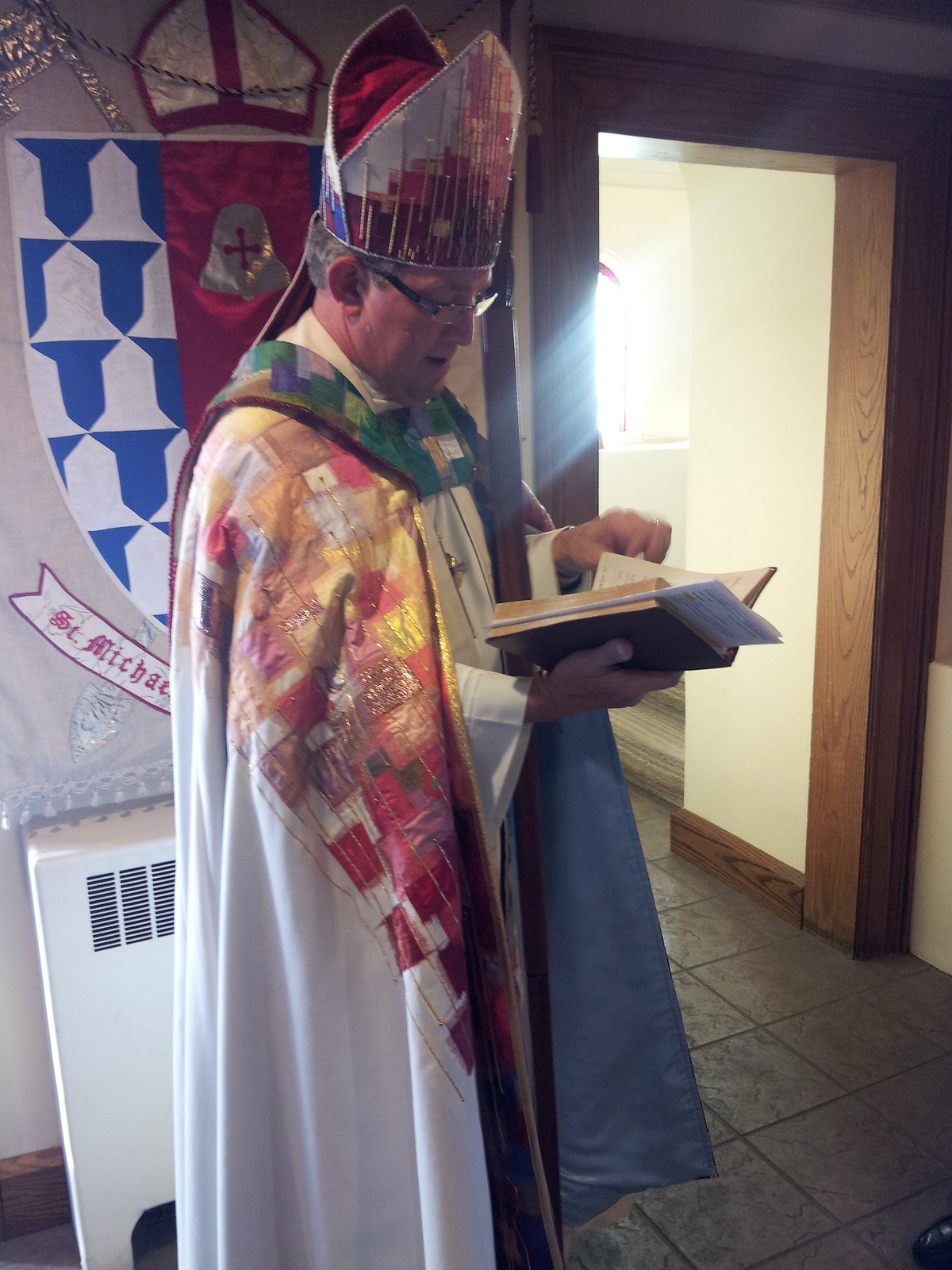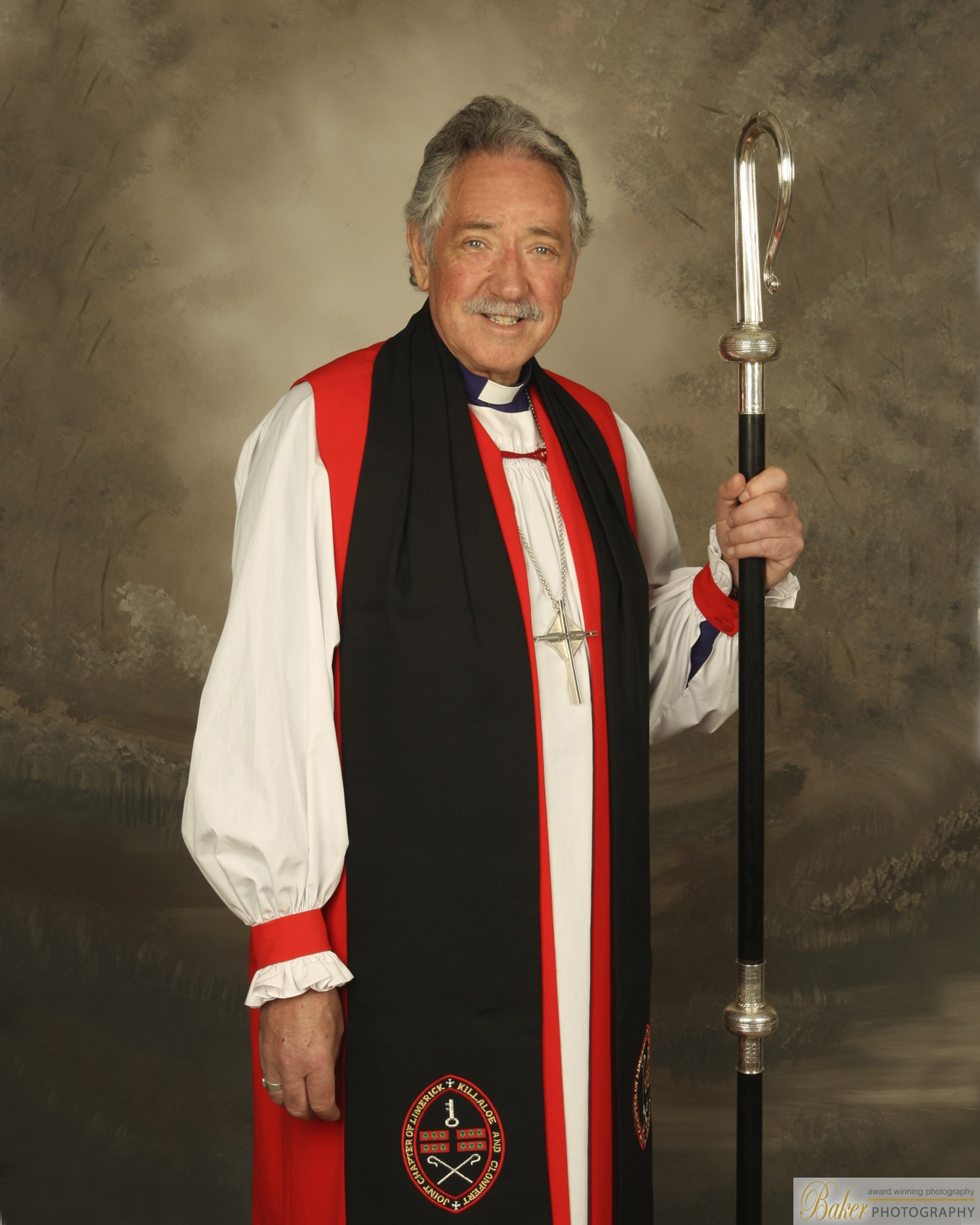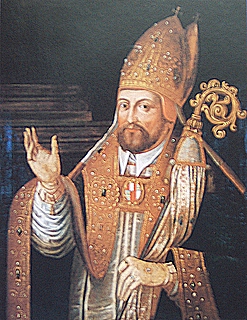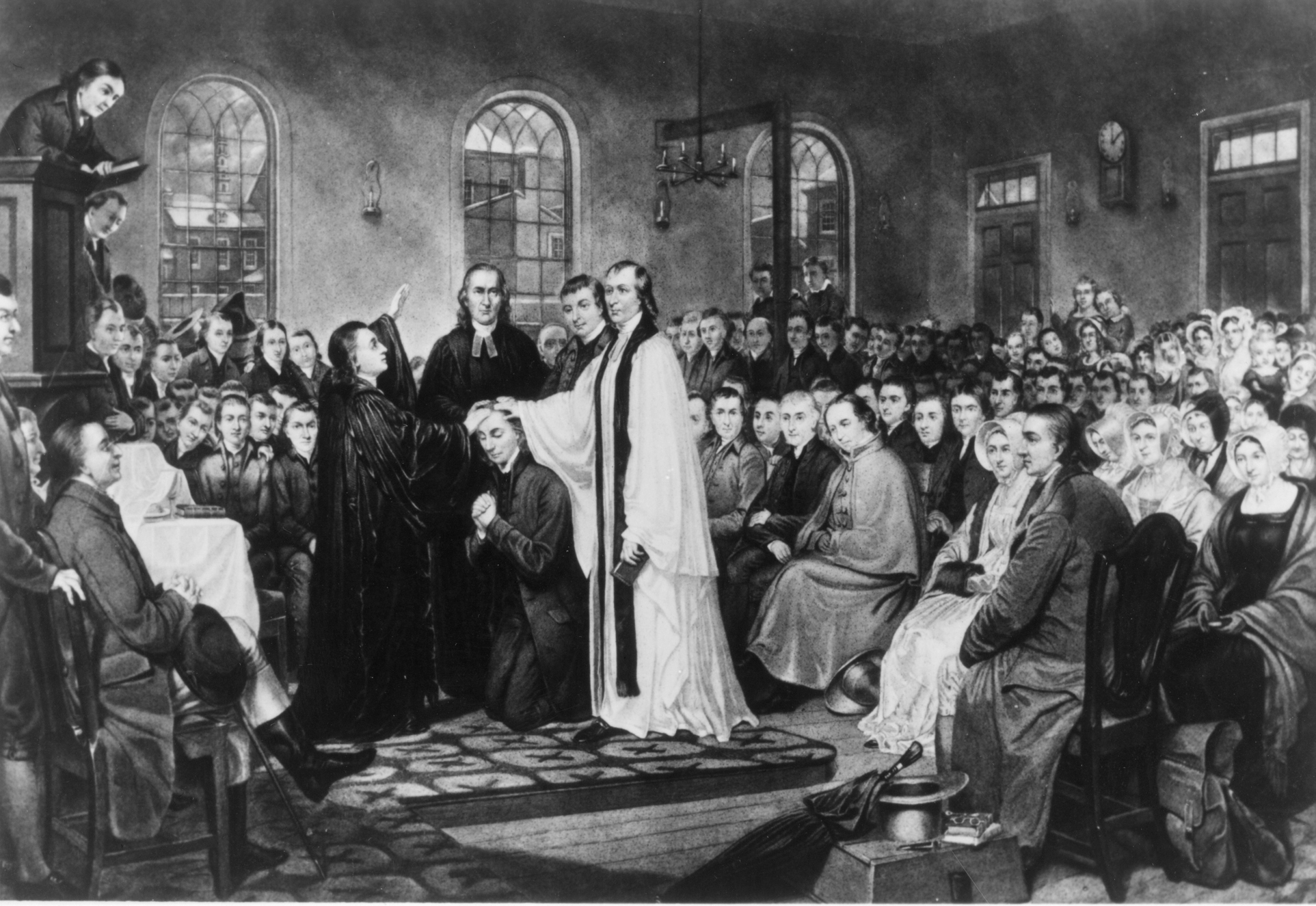Bishops
Enlarge text Shrink textA bishop is an ordained member of the clergy who is entrusted with a position of authority and oversight in a religious institution. In Christianity, bishops are normally responsible for the governance and administration of dioceses. The role or office of the bishop is called episcopacy or the episcopate. Organizationally, several Christian denominations utilize ecclesiastical structures that call for the position of bishops, while other denominations have dispensed with this office, seeing it as a symbol of power. Bishops have also exercised political authority within their dioceses. Traditionally, bishops claim apostolic succession, a direct historical lineage dating back to the original Twelve Apostles or Saint Paul. The bishops are by doctrine understood as those who possess the full priesthood given by Jesus Christ, and therefore may ordain other clergy, including other bishops. A person ordained as a deacon, priest (i.e. presbyter), and then bishop is understood to hold the fullness of the ministerial priesthood, given responsibility by Christ to govern, teach and sanctify the Body of Christ (the Church). Priests, deacons and lay ministers co-operate and assist their bishops in pastoral ministry. Some Pentecostal and other Protestant denominations have bishops who oversee congregations, though they do not necessarily claim apostolic succession.
Read more on Wikipedia >
 Topic
Topic















